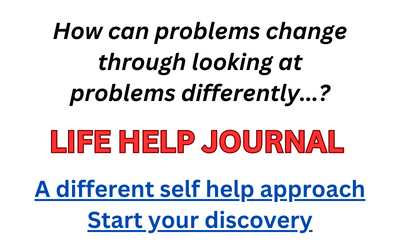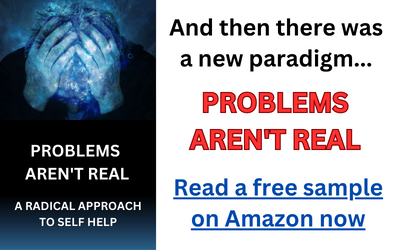I’m an advocate for A Course In Miracles, and here’s why: it gives God a fair shake.
Much if not most spiritual and religious works believe God to be cruel or weak. These works don’t, typically, come right out and make this claim but it’s an inevitable conclusion when considering God and the state of the world.
The world is not fair and there is regular suffering and cruelty within it. A question that’s been asked again and again over time is, why would God allow such a state of affairs? Why would God allow for unfairness, suffering, and cruelty?
The common response to this within spiritual and religious works is either: we have done this to ourselves, have brought pain and hardship upon ourselves through decisions we make or have made that contradict God’s will for us and, in the process, also contradict our best interests; or suffering is, in effect, God’s punishment for somehow being bad — that we have sinned and are now paying the penalty.
If God would intentionally subject us to pain, suffering, and loss then God is an angry and cruel entity. If we have acted in ways that oppose God then God’s will can be overturned, and so God is weak.
A Course In Miracles is the only work I’m aware of that denies outright both of these outlooks: that God is cruel or that God is weak. A Course In Miracles states that our perception is at odds with reality; the perception is that we are subject to lack, loss, suffering, and death but the reality is that we are created by God and were given the kingdom of Heaven fully.
We believe and perceive that we experience lack, loss, suffering, and death — and so God is either cruel or weak, or both — but our belief and perception are wrong: in truth we remain as God created us, existing blissfully as one with God in the kingdom of Heaven.
How can God still be God and be cruel or weak? The denial of God as either cruel or weak makes sense to me.
Does it makes sense to you?

